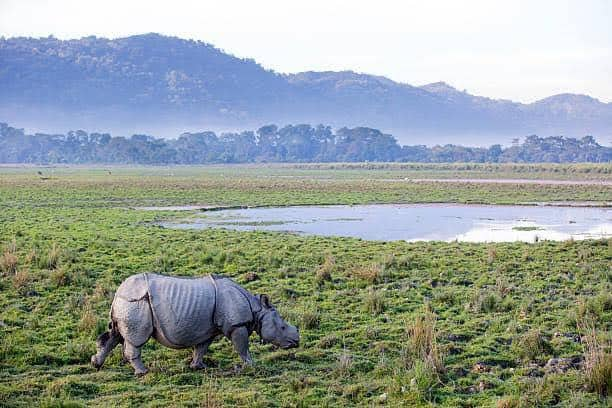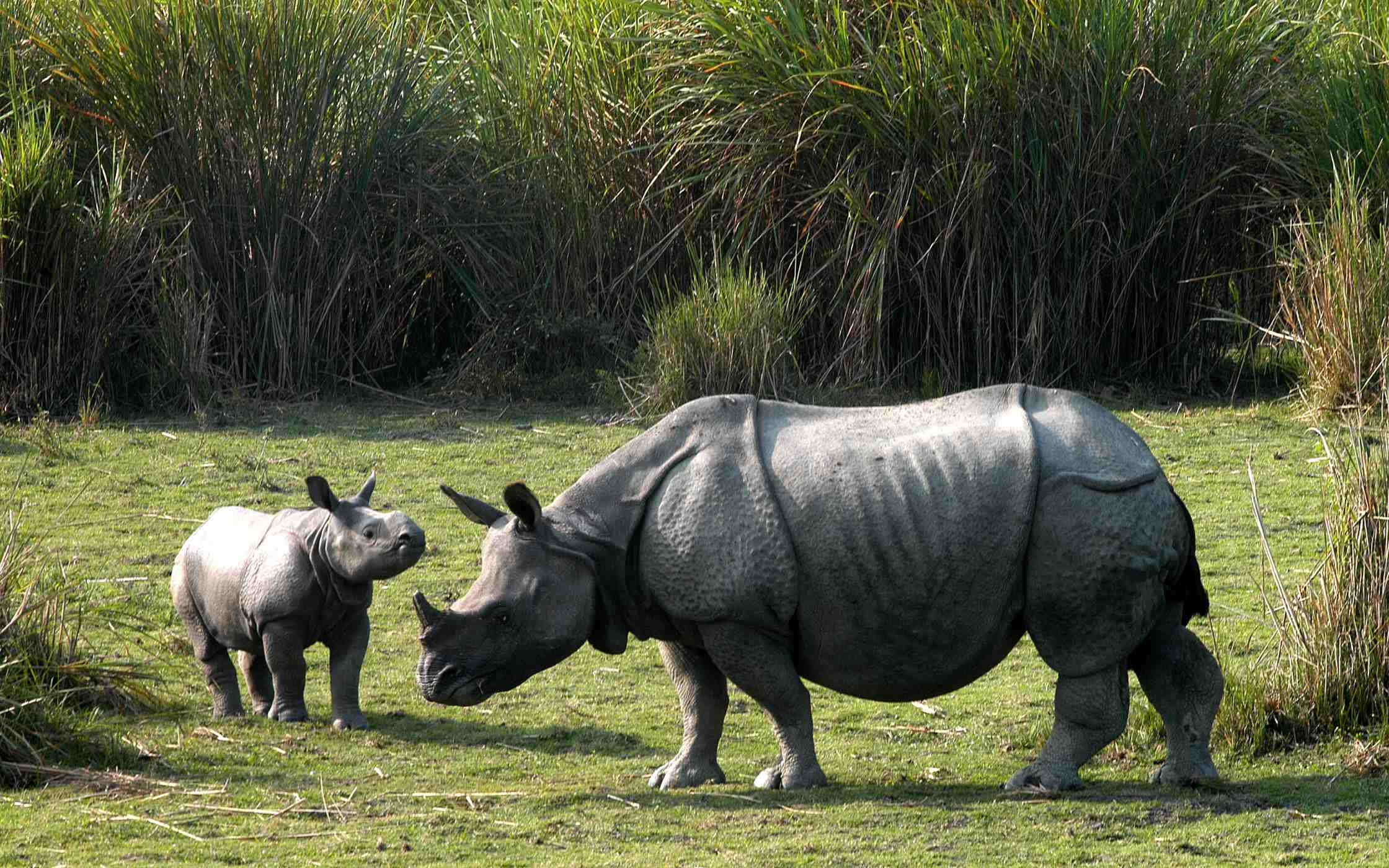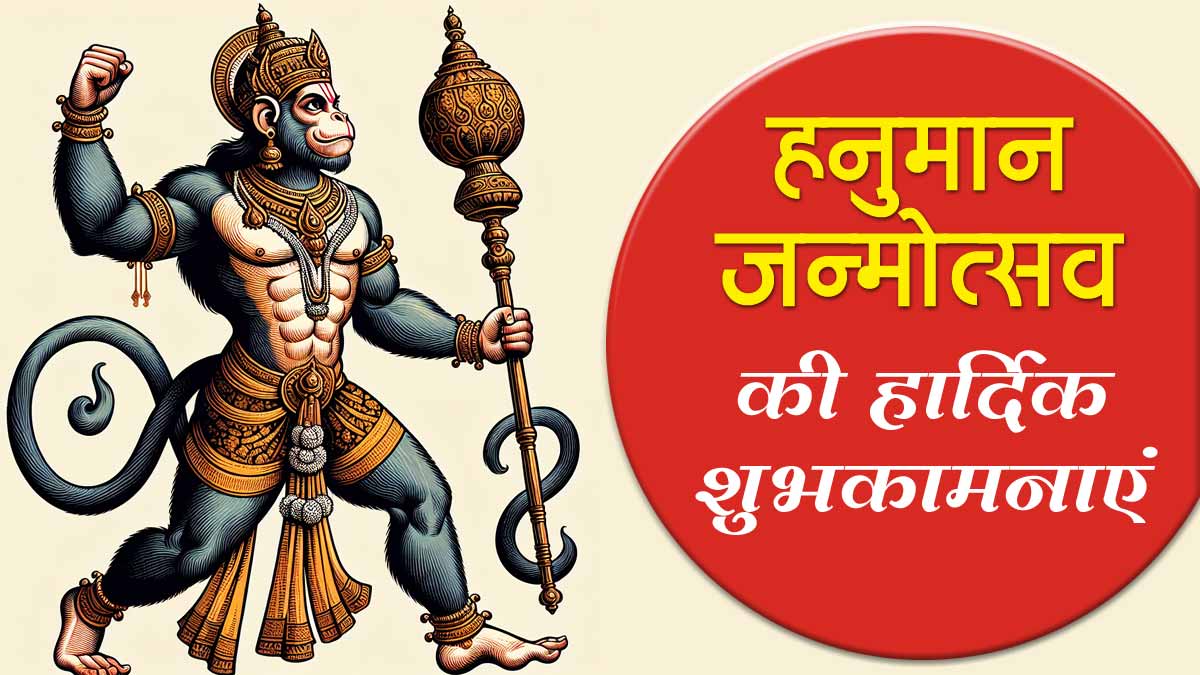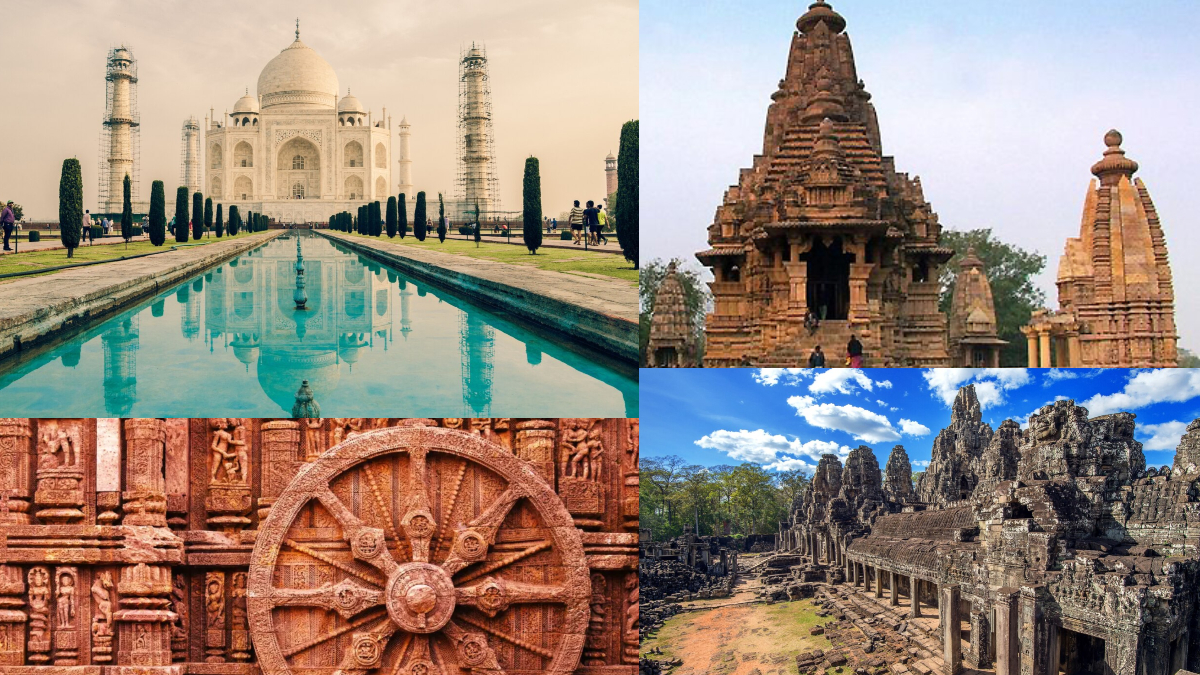Assam's famous Kaziranga Park & Tiger Reserve, a UNESCO World Heritage Site, is a sought-after tourism hotspot and it is expected to gain in popularity, not just nationally but internationally, in times to come. Abundantly blessed with nature’s beauty, the Kaziranga Park & Tiger Reserve has been a favourite of wildlife enthusiasts. Recently, Prime Minister Narendra Modi made his maiden visit to this beautiful national park and this is only expected to elevate the status of the park to an international eco-tourism site.
Located in the state of Assam in India's North Eastern Region, the Park is a pristine natural site that is home to a variety of wildlife as well as flora and fauna. "We are sure, the Park will attract more tourists in the days to come,” sources said. From October 15 last year, the park has reportedly welcomed over 1.80 lakh tourists. The tourism footfall, as per sources, is expected to triple in the next two years. Around 37 highways crisscross the Park, which means better accessibility, providing visitors with an immersive experience.

Encompassing an impressive 430 square kilometre area, Kaziranga Park & Tiger Reserve - which was designated as a Park in 1974 - is the largest undisturbed and representative area in the Brahmaputra Valley region. PM Modi on his visit to the Park undertook an elephant safari. PM Modi also undertook a jeep safari within the Mihimukh area situated in the Central Kohora range of the Park. It is believed that the Prime Minister undertaking these safaris will not only make this Park more popular but also result in the promotion of responsible wildlife tourism.

Kaziranga Park is unique among the variety of national parks across the world. It's best known for the world's largest population of one-horned rhinoceroses, apart from having a rich variety of mammals and winged wonders. The national park is located in the Golaghat and Nagaon regions of Assam, it is bordered by the Brahmaputra River to the North and the Karbi Anglong mountains to the South. Framed by lush tea plantations, the Park offers a breathtaking view of scenic landscape.

 1 month ago
1 month ago
















